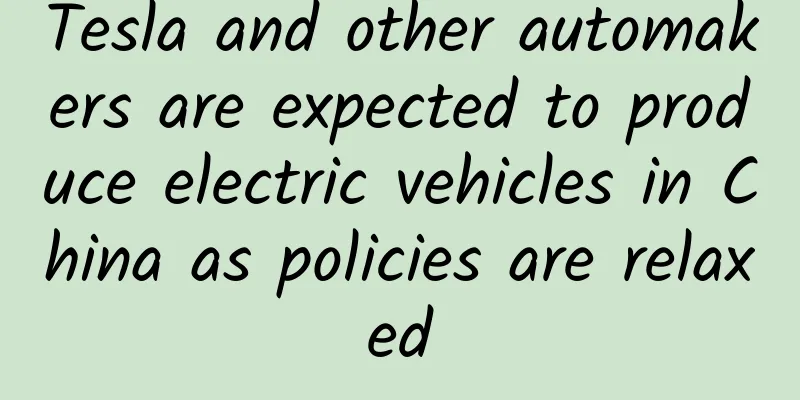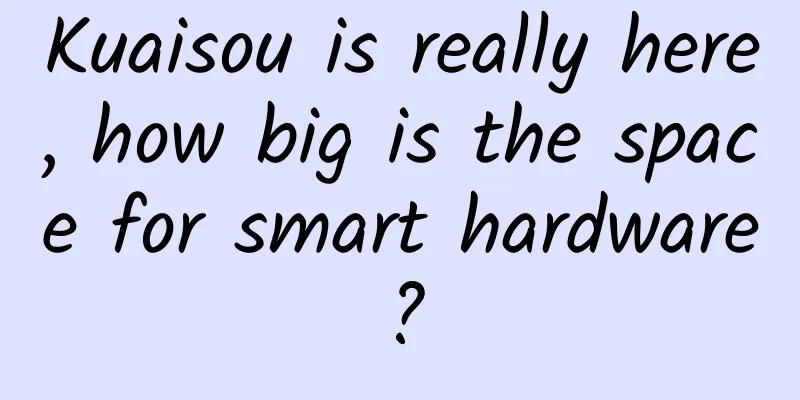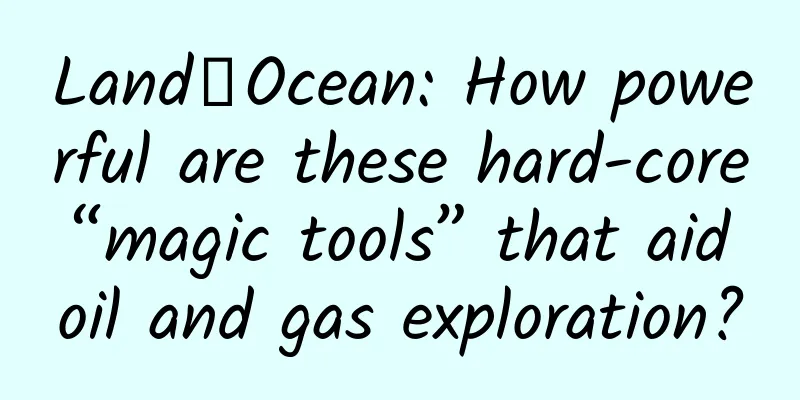Tesla and other automakers are expected to produce electric vehicles in China as policies are relaxed

|
Recently, according to foreign media, some of China's laws and regulations reflect strong local protectionism. Although many global automakers want to build factories in China, they are eventually forced to cooperate with mainland China automakers and share their technology due to such protective laws. Currently, many automakers want to pry open the door to the Chinese market, because mainland China has now grown into the world's largest auto market. To speed up electric vehicle production in China and combat air pollution, China is proposing to relax such protective regulations for "new energy vehicles" - electric cars - aimed at attracting foreign investment. The new regulations are expected to open the door for Tesla and other major automakers that have recently wanted to build factories in China to increase electric vehicle production. Last week, China's National Development and Reform Commission and the Ministry of Commerce issued new rules. The government will collect public opinions on the new regulations until next month, and the new regulations may take effect soon. Wang Binggang, an expert working on a new energy vehicle research project led by China's Ministry of Science and Technology, commented on the new regulations in China Daily: "This policy shows that the government is committed to the new energy sector and encourages (international) economic cooperation. Battery manufacturers in mainland China will be more proactive in technological innovation and improve the quality of their products." Chinese investment once poured into Silicon Valley electric vehicle startups like NextEV, Faraday Future and Lucid Motors, but now the Chinese government wants to direct foreign investment toward Chinese startups. Tesla, the most important electric car manufacturer, has said it wants to invest in China to build a factory and produce electric cars to meet the needs of Chinese users. The company has been exporting its electric cars from California to China since 2013, with the number of cars being around 10,000 per year. The Model 3 is about to be launched on the market, and Tesla wants to produce it in China. Musk confirmed at the beginning of the year that he plans to select a site and a local partner in China in mid-2016 to build a car production plant. In June of this year, there were reports that Tesla had reached an agreement with a partner in Shanghai, but Musk denied it, saying that no contract had been signed yet. Tesla seems to be waiting for China's policies to change, and the Chinese government has also expressed its intention to adjust its relevant government policies. Of course, the original intention and core of China's policy adjustment is to achieve its ambitious goal: by 2020, the number of electric vehicles on Chinese roads will reach 5 million in order to achieve the Chinese government's goal of reducing its carbon emissions. China is ambitious and vigorously promotes the promotion and adoption of electric vehicles. At the same time, the Chinese government has also introduced global manufacturers to strive to improve the quality of electric vehicles through healthy competition in the manufacturing industry. Before investing in overseas factories, Tesla plans to significantly expand its factories in the United States and Europe to increase its production capacity. According to Elon Musk, the company expects its annual production in Fremont, California to increase to 1 million vehicles per year, and the Gigafactory in Nevada may be able to supply batteries for 1.5 million electric vehicles under the premise of full production capacity. Musk also recently announced that Tesla plans to select a site for "Gigafactory 2" in Europe next year. As a winner of Toutiao's Qingyun Plan and Baijiahao's Bai+ Plan, the 2019 Baidu Digital Author of the Year, the Baijiahao's Most Popular Author in the Technology Field, the 2019 Sogou Technology and Culture Author, and the 2021 Baijiahao Quarterly Influential Creator, he has won many awards, including the 2013 Sohu Best Industry Media Person, the 2015 China New Media Entrepreneurship Competition Beijing Third Place, the 2015 Guangmang Experience Award, the 2015 China New Media Entrepreneurship Competition Finals Third Place, and the 2018 Baidu Dynamic Annual Powerful Celebrity. |
>>: A big bet: A detailed analysis of the 2.3 billion "bet" between LeEco and "The Great Wall"
Recommend
Ford will recall more than 950,000 vehicles worldwide due to Takata airbags
In the past year, the General Administration of Q...
Using data from 41 solar occultations, the mystery of Saturn's rings was finally discovered?
Sun reveals secrets of Saturn's rings Saturn&...
My understanding of APP operation and promotion!
Today I would like to discuss some issues with my...
Treating dizziness is just the beginning. Sony begins to promote VR games
At last year's GDC 2014 conference, Sony anno...
Why do weasels fart? This is their secret weapon
Many people have had various "encounters&quo...
The temperature drops sharply, and the mortality rate of this disease is higher in winter! How to prevent it is to do these 6 things!
A few days ago, I received such a patient, 62-yea...
Prevent cancer, prevent diabetes, protect the heart and brain... Vitamin D has many benefits! But taking too much can cause poisoning! Don't exceed this amount every day →
Prevent cancer, prevent diabetes, protect the hea...
Don’t know how to track information flow advertising conversion data? 3 methods + 2 tools recommended!
As we all know, data tracking and conversion is a...
It is not far from Sanxingdui, which is popular on the Internet, and has an amazing "connection" with Sanxingdui!
Who is the most popular archaeological site in re...
iPhone 6 and S6 are selling well thanks to Sony
Sony may have lost the smartphone war, but the Ja...
A money-making project by making Douyin special effects, with a monthly salary of 20,000 to 30,000 yuan for working 3 hours. How do Douyin special effects artists make money?
Make money by making special effects for Tik Tok,...
How to build a community from 0 to 1?
The three eternal philosophical propositions: &qu...
Inphi appoints marketing and public relations general manager in China
Recently, Infiniti announced the latest personnel...
Product Analysis Report | Bilibili, from a two-dimensional community to a comprehensive video community
As a bullet screen video website in the early day...
The most expensive red wine in the world, maybe you have tasted it
Every November, the world's " most expen...









